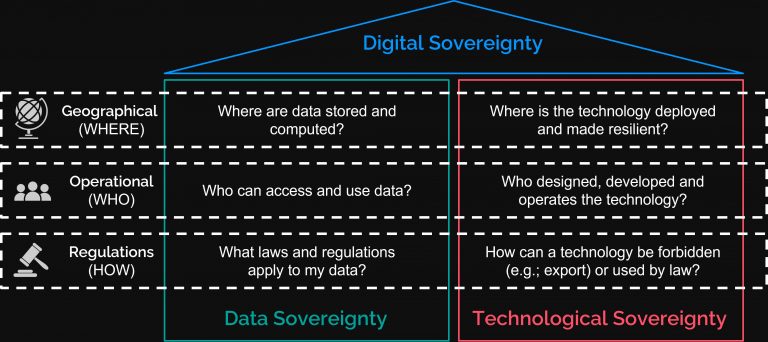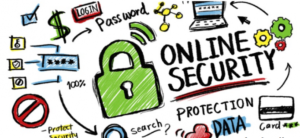Safe IP to Save IP is a reliable platform to facilitate and protect
the work of defenders. With cheap ‘single board computers’,
it works as an ‘All-In-One’ solution for defenders and advocates.
“The lack of data, disaggregated by race or ethnic origin, as well as by gender, age, and other factors, hides the disproportionate impact of certain laws, policies and practices on racial or ethnic groups in all areas of life, from housing and education to employment, health and the criminal justice system. It also hinders the development of legal and policy responses that speak to the lived experiences of racial or ethnic groups and the intersectional forms of racial and other forms of discrimination that they face.”
UN Assistant Secretary-General for Human Rights, Ilze Brands Kehris.
This project addresses on-line privacy and security challenges faced by human and environmental rights defenders, with a specific focus on indigenous and minorities’ realities.
Data collection and monitoring does improve living conditions and development opportunities locally and globally. We call for a data revolution in the fight for truth.
Many right-holders have been reluctant to collect disaggregated data on human rights issues, situations and discriminated groups and communities.
CSOs and NGOs are critical when it comes to feed the human rights regime and machinery with reliable information: safe computing is crucial to protect victims, witnesses and defenders on-line and in real life.
There is an urgent need to provide safe and secured tools to defenders in order to leave no-one behind and to protect those at risk.
Given that collection and disaggregation have associated risks to the enjoyment by data subjects of their fundamental rights, human rights-based approach to data can to protect those at risks.
Safe IP to Save IP brings together relevant stakeholders and develops communities of practice and expertise committed to improve the quality, inclusiveness, relevance of data consistent with international human rights standards, norms and principles.
- hardware, software and platform design and development: with programmers, engineers and partners, all acting in personal capacity or with institutional mandate.
- supply, training and dissemination of material, skills and knowledge: with human and environmental defenders in the field
- interconnection with the UN system of indicators and impact assessment tools : at UN, local and national level
We are in between the pilot phase and the growth phase.
- Pilot Phase in process:
we have tested concrete implementation sets with partners in 5 countries (3 for the products evaluation (hardware and software) and 2 for the connectivity tests (communication and networking protocols))
on a modest scale aimed at verifying whether the solution is viable and can achieve the expected results, we have gathered evidence that the system is workable. It must be improved, in the mean time it eases the work of defenders and supports a UN HR based approach to data collection and disaggregation.
two short evaluations, in December 2021 and March 2022 have shown that a first set of indicators and data have been collected an evaluated.
- Growth Phase :
we are starting to implement at a significant scale (‘nationwide’ in 7 countries), with results and impact, but showing that there is still significant development potential.
Because of its wide network of trainees, alumni and partners (<1’000 individuals),
Geneva for Human Rights (GHR) has the capacity to reach out to more than 120 countries in the world.
We already work at national, regional and international level and do support indigenous and minorities NGOs and CSOs.

We work with open-source/free hardware and software and aim at empowering users: victims, witnesses and defenders.
We promote IT sovereignty and self -management as main goals to enable defenders to use safe, scalable, open-source, sustainable, free and ethical solutions to work.
Those we support need to self-organize and develop, locally and remotely, with tools consistent with the values of human rights standards.
Our knowledge and expertise of the UN system, locally and globally, is an opportunity to reach out to all those needing to use electronic means to contribute to the realisation of human rights for all.
GHR members, alumni and partners, dedicated to human rights and as architects of the actual UN human rights system and regime, have been in service for defenders, victims and witnesses for decades. We provide safe tools so that no one is left behind.
Since we launched Safe IP to Save IP, we gathered evidence that a simple ‘single board computer’ can be a safe, reliable and secure tool to support the work of human rights defenders.
Technically simple and user friendly, our devices and software support the work of defenders in all conditions. For instance when there is lack of network or low electrical supply, it allow them to communicate safely with each other, with victims and witnesses and more so , when they share their data collection or analysis with governments, the united nations or other international organisations.
We aim at sharing our vision, in our virtual offices, by training NGOs, CSOs and defenders in a hybrid way.
We want to bridge the gaps between the need of information on violations and the imperative of security for informants.
We work with IT engineers based in GVA and around the world. They support us in developing the necessary software and hardware.
We do collaborate with the Unix / Linux and coding communities worldwide on the operating system and other open-source and free software parts.
We work and share information with local and national NGOs and CSOs and also with international partnering NGOs. We also are connected with religious and church communities were we have implemented our test phases (Haiti, Timor-Leste, Burkina Faso).
It is important for us to show to defenders and the public in general, that there are digital tools to support their work which offer a high level of security and privacy.
We want to highlight that working with free and open-souce software and hardware is a key, if not the key, to protect the victims and the defenders representing them.
We do believe that simple solutions exists that are safe and do enable defenders from all backgrounds to operate as human rights data collectors and aggregators.
We are all, as citizen, human rights defenders.


